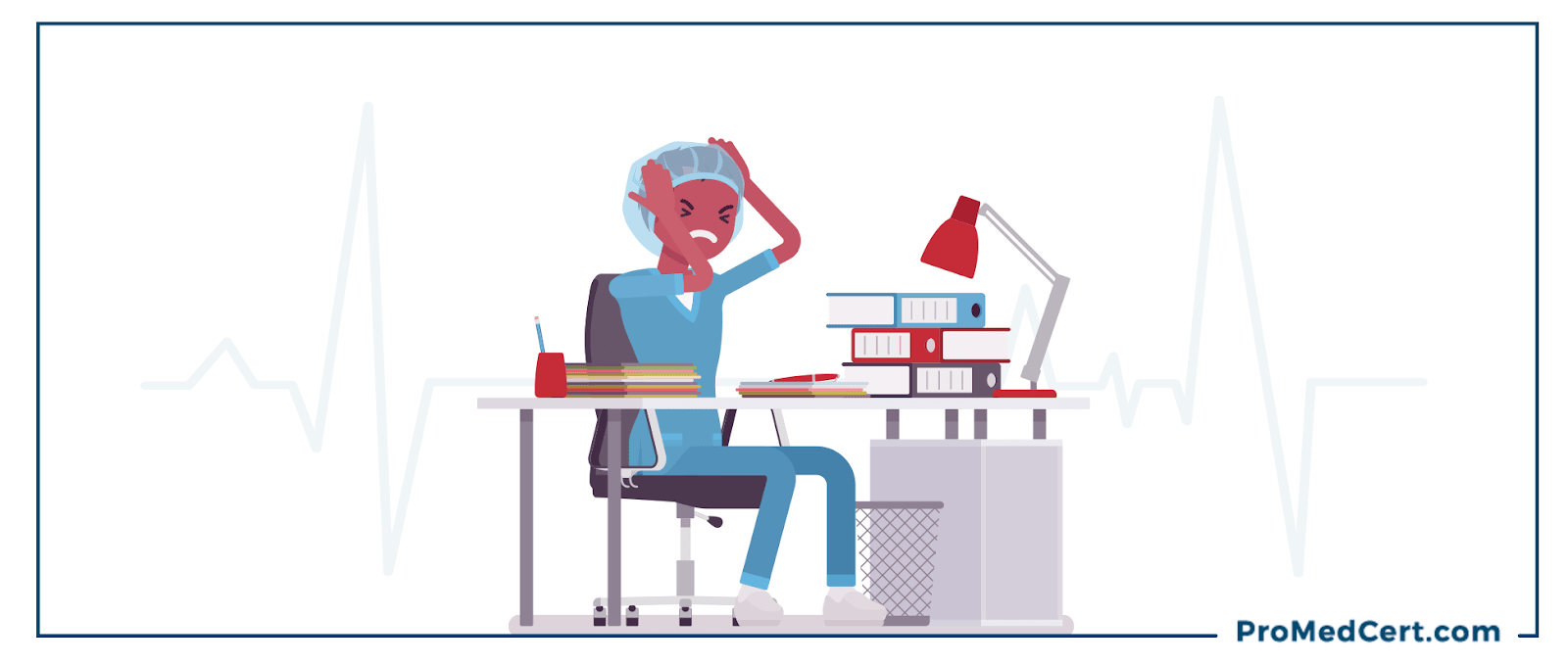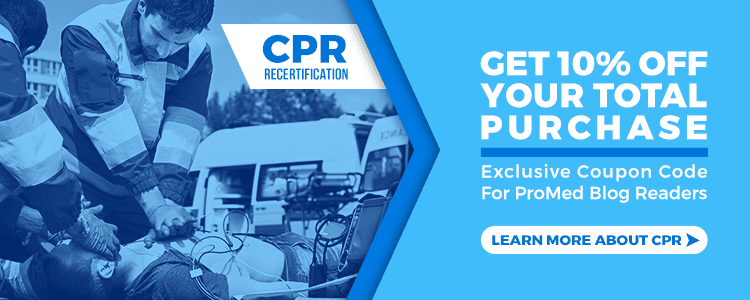Mistakes Nurses Make When Starting Out

There are roughly 4 million practicing nurses in the U.S. today, and due to many professionals retiring, a sizable chunk of that number are relative newcomers entering the profession. Like any new job, a new nurse is bound to make some mistakes. However, being in healthcare, a mistake can also severely impact a patient’s wellbeing. As a result, every nurse should not only follow important steps in order to have a successful onboarding process, but also understand what some of the most common mistakes are. This gives you a better chance of avoiding those same hurdles.
Calling For Help Too Often
To start, let’s talk about a minor issue, that you still want to avoid. Calling for help from the physician overly often isn’t going to hurt the patient in any way. However, it can create a negative impression of you in front of the patient as well as your workers. As a general rule, whenever you decide to call a physician for help, you need to make sure you have looked over the patient information and have your set questions ready.
Why is this so important? Remember, in a hospital setting, a physician is likely attending to several patients in a given space. Taking too long to give the information that they need is taking time away from those patients. Basically, make sure you are in the best position to get information as efficiently as possible.
Making Medication Errors
This, on the other hand, is a major concern, and can happen to even the most experienced nurses. Statistically, medication issues can injure as many as 1.5 million Americans each year. As much as 30% of said incidents are related to medication administration. That’s generally nurses, so nurses are a huge source of medication errors. How does this happen? Generally, there’s one of two reasons. Either the nurse is in a rush and fails to properly read the patient information, or there’s an issue with the information and they fail to catch it before the medication is administered.
The best way to avoid being caught with this particular issue is following a bit of a checklist before you opt to give any medication to a patient. First, check the name to make sure that the person getting the medication is actually the right patient. Paperwork screw-ups do happen. In some cases, the name may not be a giveaway, but the weight and height measurements are. Another way to keep your patients protected is just making sure that you look and see if there are any relevant conditions, critical diagnoses, or allergic reactions first. Finally, make sure that the patient information is regularly updated.
Time Management
To be fair, this is less of a mistake and more of just handling the learning curve of becoming a nurse. Nursing school will teach you a lot of the fundamental tasks you need to do, but knowing the best way to do all of these is going to vary based on where you are work and that means learning on the job. A major source of stress and burnout for nurses is not having enough time to take care of patients, so learning to manage time will both make you better at your job and make the job easier.
The best way to do this? A lot of the time, you need to learn by watching. Veteran nurses are an invaluable resource when it comes to mentoring in these early stages, including ways to save time without compromising on care quality.
Lack of Critical Thinking
A nurse can do hundreds of different tasks per day, some more procedural, some basic work with patient interaction, and in some cases, they need to make decisions quickly. This means that critical thinking and problem solving are essential skills in order to get through your workday. Where new nurses struggle is trying to get tasks done to meet their time-management needs, and not applying proper critical thinking. This is an offshoot of that time management issue, but in this case, it can seriously impact a patient. This means being smart and always double-checking any directives you get to make sure they are correct.
Charting Errors
Nursing includes a lot of paperwork and documentation, and while some may find it frustrating, it’s an essential part of the job. Nursing school may not prepare you for the sheer volume of paperwork, but you need to make sure you always have a record of things that you do in order to avoid harming a patient and creating legal liability. From medications given to patient changes in condition to any orders you get on patient care, be sure to create a charting record of everything. If you have a question on the best way to go about this, ask a senior nurse for support. Generally, though, it’s always better to record than assume you can just get by.
Sticking To In-Person Medical Certification
Failing to keep up with your medical certification is a major mistake in and of itself. While it doesn’t happen to most nurses, the consequences could be severe, like potential legal liability for you and your employer, and being unable to work until the situation is resolved. Combine that with the reputation hit, and you could negatively impact your career before it really gets off the ground.
With that said, in-person medical certification isn’t necessarily the best way to go about it. Heading to a classroom at certain times can cause another headache for you to navigate while you are already trying to integrate things into your schedule. As a result, the best course of action is to try and look for online medical certification instead. This allows you to get the credentials and information you need at your own pace. Just make sure you choose the best providers, and that means working with ProMed. Our certification/recertification courses meet all guidelines from the AHA and ILCOR, and we also offer a 100% money-back guarantee.

